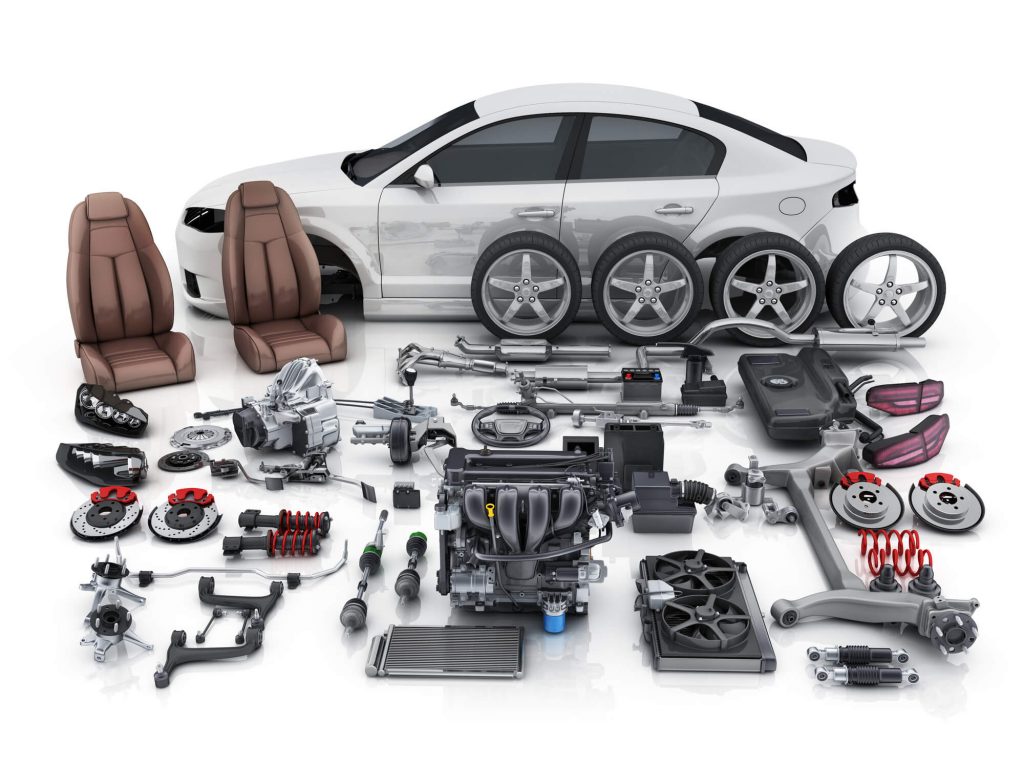RIO DE JANEIRO, BRAZIL – ANFAVEA (national automakers’ association) said on Friday, March 6th, that the production of vehicles may be stopped due to a shortage of parts. The coronavirus epidemic, which began in China, has led to a reduction in shipments to Brazil. When there are auto parts to be shipped, there are either missing ships or the opposite, according to the association.

Currently, there is still no shortage of parts for assembly, but ANFAVEA says companies are studying alternatives to adjust the speed of the production line and to import parts by air. China is the largest supplier of auto parts to Brazil, with 13 percent of an estimated US$13 billion (R$52 billion) market in 2019.
The risk of interruption is also present in the case of companies that use parts imported from countries less affected by the new coronavirus. A supplier from India, for instance, uses components coming from China to assemble its items and consequently also needs to stop production.
The association is now seeking a position from the federal government as to whether there will be any type of incentive to the economy. In the balance report submitted on Friday, ANFAVEA presented a graph listing eight countries that have announced measures such as interest and investment reductions.
“Brazil, as far as we know, has no measures yet, other than an indicative reduction in the SELIC rate. The ANFAVEA is thinking about this, we know the limitations. But there is a problem that we need to face. Are we going to let the cycle stop or are we going to keep it moving?” says ANFAVEA’s CEO, Luiz Carlos Moraes.
The dollar’s volatility is a cause of concern for the sector, which views the situation as “above normal”. The ANFAVEA believes that if the US currency remains at R$4.60, the annual cost of imports will rise from US$13 billion in 2019 to R$21 billion this year. According to the association, this would represent an increase of R$2,600 per vehicle produced in the country.
For the ANFAVEA’s CEO, the GDP result, which grew 1.1 percent, was no surprise. Moraes says Brazil needs “less fuss and more focus on the growth issue”.

The higher dollar did not favor exports and, according to ANFAVEA, there is no new fact that changes the scenario. “The downward trend continues, with losses in Argentina, Mexico, Colombia, and China. It’s no use having a dollar at R$4.50 if the purchasing country is experiencing difficulties,” Luiz Carlos Moraes says.
In February, the sales result, a 3.9 percent increase – the best for the month since 2014 – was influenced by the previous month’s rebound due to the change in license plates, which began to adopt the Mercosur standard in large markets. The daily average was 11,000 units. Compared to the same period last year, there was an increase of 1.2 percent.
Truck sales fell 12 percent between January and February and 6.7 percent year-to-date. But the daily averages were also up in comparison to January. In the first five days of March, there was a 7.4 percent increase compared to the same period in 2019.
The production of cars, light commercial vehicles, trucks, and buses in Brazil in February rose 6.5 percent over the previous month, rising from 191,700 to 204,200 units. Compared to February 2019, there was a 20.8 percent decline.
This result was influenced by Carnaval (February 22nd to 25th) and by the rebound recorded in January. Consequently, there were sufficient vehicles in stock.
Still, according to the ANFAVEA, vehicle exports last month totaled 37,700 units, an 83.4 percent increase over January. Compared to February 2019, there was a seven percent decline.
Source: Folhapress

